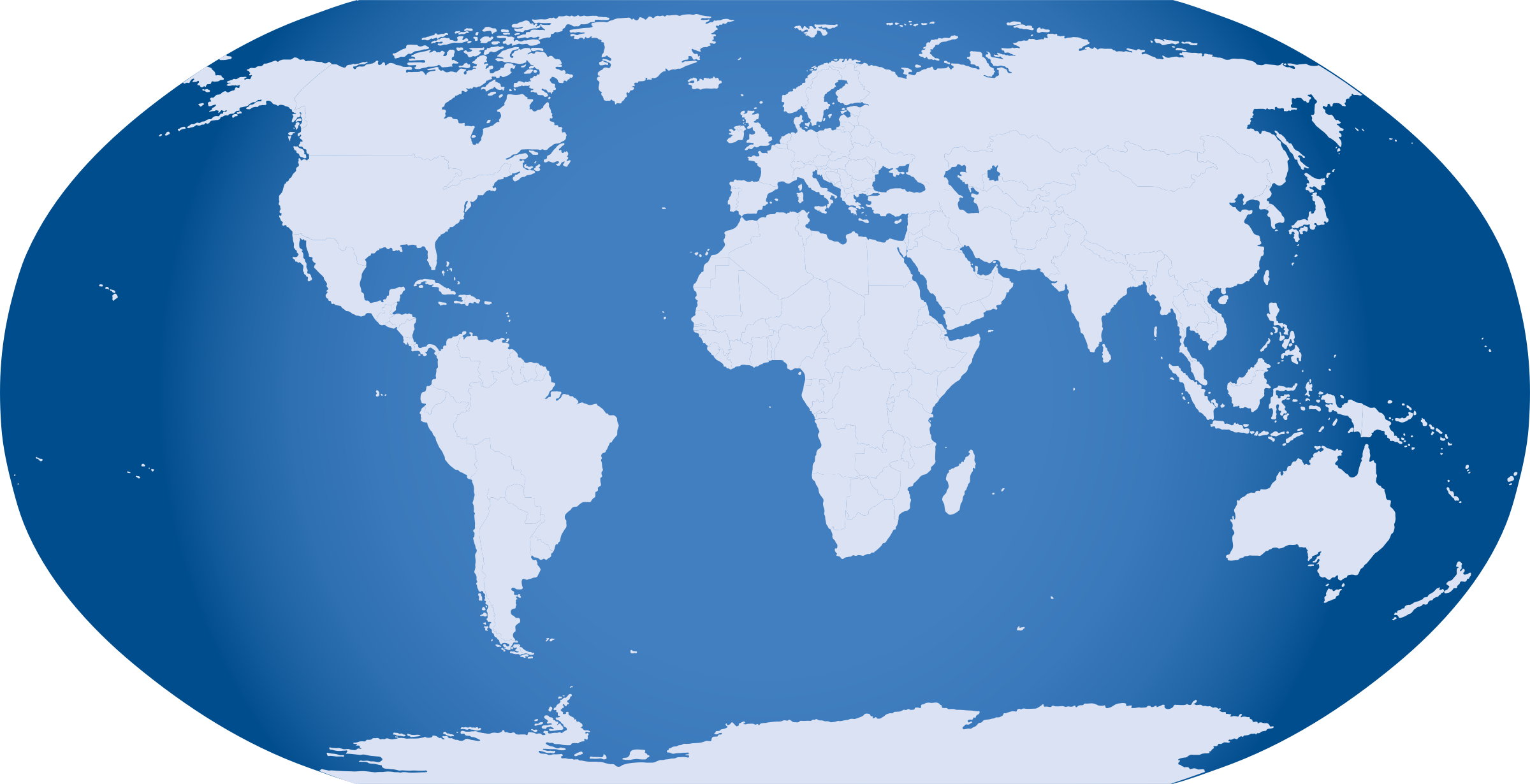The Bahá’í teachings are fundamentally rooted in the principles of world unity and peace, offering a transformative vision for humanity. This paradigm shift does not merely aim to address surface-level tensions but delves deeper into the heart of societal structures, encouraging a comprehensive reevaluation of how we envision our shared existence. In this exploration, it is pivotal to consider several key tenets that define this spiritual framework—universal brotherhood, the elimination of prejudice, the oneness of humanity, and fostering a culture of consultation.
At the core of Bahá’í teachings is the concept of universal brotherhood. This idea is not merely philosophical rhetoric but a profound call for recognizing the intrinsic unity of all people. Bahá’u’lláh, the founder of the Bahá’í Faith, articulated that humanity is akin to a single body; when one part of the body suffers, the entire organism feels the pain. This metaphor serves as a stark reminder of our collective responsibility. To genuinely embrace this doctrine requires a shift from an ego-centric worldview to one that acknowledges our interconnectedness—a pivotal step toward achieving lasting peace.
Closely intertwined with the notion of brotherhood is the essential elimination of prejudice in all its forms. Bahá’í teachings emphasize that prejudice—whether based on race, religion, or nationality—is an insidious barrier to unity. It is a toxin that warps perceptions, inhibits understanding, and fuels divisions among communities. To dismantle these prejudices, Bahá’ís engage in fervent advocacy for social justice, education, and open dialogue. Such initiatives not only aim to cultivate a more informed populace but also strive to foster compassion and empathy across divergent cultural landscapes. In essence, the dissolution of prejudice serves as a litmus test for humanity’s evolution toward peace.
The oneness of humanity is perhaps the most profound assertion within Bahá’í teachings. This principle posits that all humans, despite superficial distinctions, are fundamentally equal and interconnected through the shared experience of existence. This radical inclusivity transcends geographical boundaries, cultural barriers, and historical grievances. By actively promoting the idea that humanity constitutes a single species, the Bahá’í community seeks to inspire a collective consciousness that can unite efforts toward common goals, particularly in conflict resolution and global governance. In acknowledging our shared identity, the Bahá’í perspective compels us to envision solutions that prioritize unity over discord.
Moreover, Bahá’í teachings advocate for a culture of consultation—a dynamic approach to decision-making that emphasizes collective involvement rather than authoritarian edicts. The consultation process is characterized by open dialogue, where diverse perspectives are welcomed, and disagreements are handled with respect and civility. This collaborative approach empowers individuals, engenders a sense of ownership, and fosters an environment conducive to innovative problem-solving. As nations grapple with multifaceted issues like climate change, economic disparity, and geopolitical conflict, such an ethos could prove invaluable in navigating the complexities of our modern world.
In the historical context of humanity’s evolution, the Bahá’í teachings offer a prophetic vision encouraging mankind to transcend tribalism and embrace a global outlook. The recognition of humanity as a singular entity calls for reconstituting societal frameworks—be they political, economic, or social—to reflect this oneness. The shift towards a more inclusive global society is not only a noble aspiration but a necessary evolution if humanity is to survive and thrive in an increasingly interconnected world.
Adopting Bahá’í principles necessitates a conscious and intentional departure from prevailing paradigms that foster division. This requires individuals to introspectively examine their own biases, educate themselves on the rich tapestry of human experiences, and engage in practices that promote inclusivity and peace. The recognition that the welfare of individuals is inextricably linked to the welfare of all forms a foundational pillar for action-oriented solutions.
The Bahá’í vision for world unity and peace also extends to the realm of education. Education, hailed as the “great equalizer,” is seen as a crucial avenue for cultivating consciousness and fostering critical thinking. A holistic educational framework that encompasses not only academic subjects but also moral and ethical development is paramount to nurturing conscientious global citizens. By empowering the upcoming generation with such a comprehensive education, the foundation for a peaceful and harmonious global society can be effectively established.
In conclusion, the Bahá’í teachings encapsulate a profound vision of world unity and peace, presenting humanity with a compelling framework for collective advancement. Through the embodiment of principles such as universal brotherhood, the eradication of prejudice, the acknowledgment of our shared identity, and the cultivation of a consultative culture, individuals can contribute to a transformative shift in societal structures. Embracing this vision offers a pathway not only to individual enrichment but also to the flourishing of humanity as a whole. As we stand at the precipice of global challenges, the call to unity and peace resonates now more than ever, inviting inquiry, reflection, and action toward a shared future founded on understanding and cooperation.
